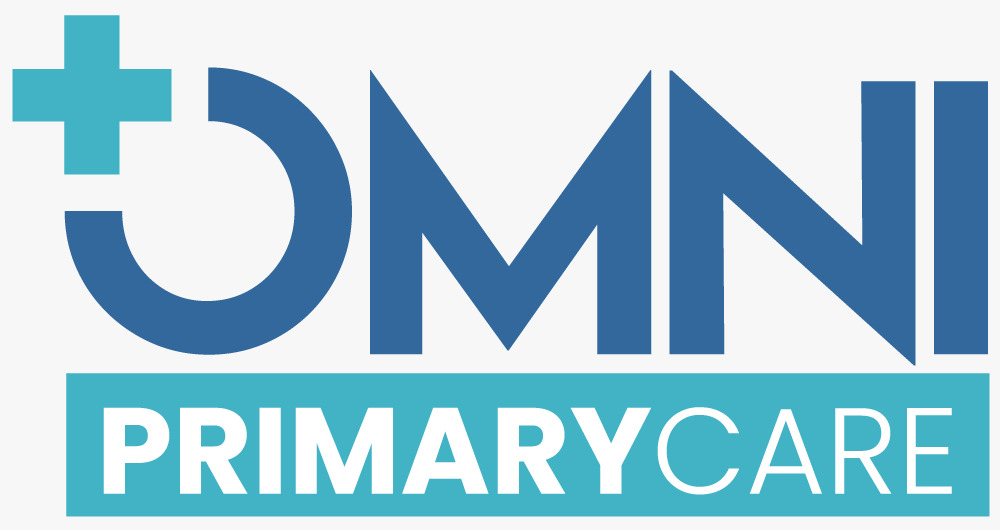About
Kidney infection (pyelonephritis) is a type of urinary tract infection (UTI) that generally begins in your urethra or bladder and travels to one or both of your kidneys.
A kidney infection requires prompt medical attention. If not treated properly, a kidney infection can permanently damage your kidneys or the bacteria can spread to your bloodstream and cause a life-threatening infection.
Kidney infection treatment, which usually includes antibiotics, might require hospitalization.
Causes
Bacteria that enter your urinary tract through the tube that carries urine from your body (urethra) can multiply and travel to your kidneys. This is the most common cause of kidney infections.
Bacteria from an infection elsewhere in your body also can spread through your bloodstream to your kidneys. Although it's unusual to develop a kidney infection, it can happen — for instance, if you have an artificial joint or heart valve that becomes infected.
Rarely, kidney infection results after kidney surgery.
Request an Appointment
Symptoms
Signs and symptoms of a kidney infection might include:
- Fever
- Chills
- Back, side (flank) or groin pain
- Abdominal pain
- Frequent urination
- Strong, persistent urge to urinate
- Burning sensation or pain when urinating
- Nausea and vomiting
- Pus or blood in your urine (hematuria)
- Urine that smells bad or is cloudy
Request an Appointment
Risk Factors
Factors that increase your risk of a kidney infection include:
- Being female. The urethra is shorter in women than it is in men, which makes it easier for bacteria to travel from outside the body to the bladder. The nearness of the urethra to the vagina and anus also creates more opportunities for bacteria to enter the bladder.
- Once in the bladder, an infection can spread to the kidneys. Pregnant women are at even higher risk of a kidney infection.
- Having a urinary tract blockage. This includes anything that slows the flow of urine or reduces your ability to empty your bladder when urinating — including a kidney stone, something abnormal in your urinary tract's structure or, in men, an enlarged prostate gland.
- Having a weakened immune system. This includes medical conditions that impair your immune system, such as diabetes and HIV. Certain medications, such as drugs taken to prevent rejection of transplanted organs, have a similar effect.
- Having damage to nerves around the bladder. Nerve or spinal cord damage can block the sensations of a bladder infection so that you're unaware when it's advancing to a kidney infection.
- Using a urinary catheter for a time. Urinary catheters are tubes used to drain urine from the bladder. You might have a catheter placed during and after some surgical procedures and diagnostic tests. You might use one continuously if you're confined to a bed.
- Having a condition that causes urine to flow the wrong way. In vesicoureteral reflux, small amounts of urine flow from your bladder back up into your ureters and kidneys. People with this condition are at higher risk of kidney infection during childhood and adulthood.
Request an Appointment
Complications
If left untreated, a kidney infection can lead to potentially serious complications, such as:
- Kidney scarring. This can lead to chronic kidney disease, high blood pressure and kidney failure.
- Blood poisoning (septicemia). Your kidneys filter waste from your blood and return your filtered blood to the rest of your body. Having a kidney infection can cause the bacteria to spread through your bloodstream.
- Pregnancy complications. Women who develop a kidney infection during pregnancy may have an increased risk of delivering low birth weight babies.
Request an Appointment
Prevention
Reduce the risk of kidney infection by taking steps to prevent urinary tract infections. Women, in particular, may reduce their risk of urinary tract infections if they:
- Drink fluids, especially water. Fluids can help remove bacteria from your body when you urinate.
- Urinate as soon as you need to. Avoid delaying urination when you feel the urge to urinate.
- Empty the bladder after intercourse. Urinating as soon as possible after intercourse helps clear bacteria from the urethra, reducing your risk of infection.
- Wipe carefully. Wiping from front to back after urinating and after a bowel movement helps prevent bacteria from spreading to the urethra.
- Avoid using feminine products in the genital area. Using products such as deodorant sprays in your genital area or douches can be irritating.
Request an Appointment



